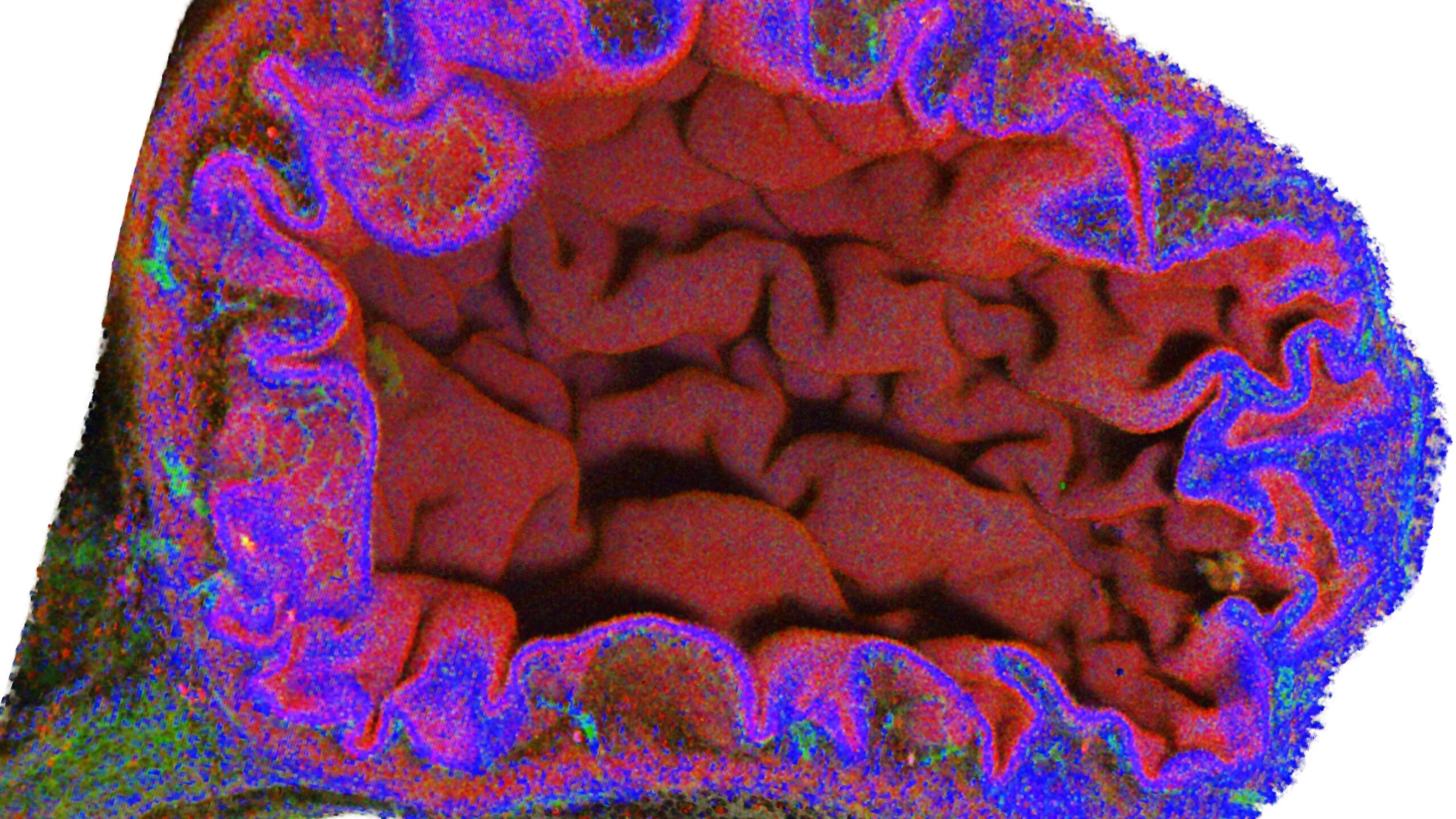Job title: Senior Laboratory Research Scientist – J. M. Adrover lab
Reporting to: Jose M. Adrover, Group Leader
Contact term: This is a full-time, permanent position on Crick terms and conditions of employment.
The Lab
We are seeking an enthusiastic and proactive Senior Laboratory Research Scientist to join Dr. Adrover’s laboratory, that focuses on how cancer affects whole-body physiology, with a particular emphasis on the cardiovascular, haematopoietic, and immune systems.
Cancer is a highly complex disease, and tumour progression requires the concerted action (and inaction) of many physiological systems. To survive, tumours co-opt, modulate, and alter many different biological processes, both locally in the tumour microenvironmental ecosystem and broadly in the whole organism, the “macroenvironment” of cancer. In doing so, however, cancer affects normal physiology in ways that are detrimental to the welfare of (and that often result in fatal outcomes for) cancer patients. The Cancer Macroenvironment Lab focuses on understanding how cancer alters normal physiology with the ultimate goal of enhancing the clinical outcomes of both cancer and cardiovascular disease patients.
Project summary
The Cancer Macroenvironment Lab is seeking applications for Laboratory Research Scientist candidates to carry out experimental work aimed at understanding the interplay between cancer as a systemic disease and cardiovascular disease. The research in the lab will study how cancer affects the haematopoietic stem cell compartment to induce changes in myeloid populations that can explain the abnormally elevated cardiovascular disease of cancer patients. We will also study how neutrophils (the most abundant immune cell in human circulation) change as a consequence of cancer and cardiovascular disease, as well as during the organism lifespan (both cancer and cardiovascular disease are generally speaking illnesses of the advanced age).
The role of a Laboratory Research Scientist (LRS) in the Crick is diverse and rewarding. The role covers a wide range of different functions and allows for continuity of lab operations. The role offers support to one or more scientific projects.
The LRS applies specific technical or practical skills and has a well-developed working knowledge of technical or scientific practices and procedures acquired through on-the-job, vocational or academic training. Work will involve the application of skills and knowledge to provide a range of technical support activities. Additionally, the postholder will (if interested) lead their own project. The ability to work in a team is essential.
Key responsibilities
These include but are not limited to:
- Provision of technical and research support in the laboratory, including oversight of the mouse colony in close collaboration with other lab members
- Preparation and analysis of samples for flow cytometry and confocal microscopy
- Provision of support with surgical procedures to model cardiovascular disease
- Performance of in vivo intravital microscopy under the direction of senior laboratory staff
- Occasional performance of cell engineering and tissue culture of relevant cancer cells
- Providing technical expertise and input for the development, optimisation and troubleshooting of relevant and novel methodologies
- Independently undertaking own research projects, designing, and executing experiments in consultation with the group leader.
- Participating in academic activities, including group meetings and journal clubs, seminars, and scientific meetings.
- Organisation and management of the laboratory, including maintaining laboratory databases, ordering of laboratory supplies, monitoring budgets, and routine maintenance of laboratory equipment.
- Training and supervising other lab members in key techniques and protocols, lab operations, and equipment use.
- Liaising with Science Operations and attending key quadrant meetings.
- Compliance with all regulatory and safety protocols
Key experience and competencies
The post holder should embody and demonstrate our core Crick values: bold, open, and collegial. The applicant should have experience with basic science work, and previous experience in the fields of cardiovascular or cancer research will be valued. This position is funded by the laboratory’s Crick core funding.
Essential
- Graduate in a relevant scientific discipline
- Good working knowledge of general molecular biology techniques including tissue culture
- Knowledge and experience in the management of mouse colonies
- Technical expertise in mouse work and microscopy.
- Ability to work independently and collaborate with others
Desirable
- Experience in cancer, haematopoiesis or immunology research
- Experience in surgical models of cardiovascular disease (i.e. models of myocardial infarction or thrombosis)
- Experience in intravital microscopy
- Eagerness and ability to devise and lead independent research projects
- Experience in training others in new techniques to a high standard
About Us
At the Crick, we conduct research at the forefront of biomedical research. We combine rigour with an open and collaborative culture, and are outward-looking, reflecting our status as a partnership of six organisations aiming to pool knowledge, ideas and resources.
We have a wide research portfolio with no divisions or departments, bringing biomedical researchers together with clinicians, physical scientists and applied scientists from our pharmaceutical partners.
We aim to attract the most talented researchers and support them to tackle innovative research questions. Our science technology platforms provide our researchers with access to state-of-the-art technology and expertise.
We provide an excellent learning environment with dedicated education programmes in public engagement with science, education and personal development, and a postdoc training programme that prepares scientists for leadership roles in science.
- If you are interested in applying for this role, please apply via our website.
- All offers of employment are subject to successful security screening and continuous eligibility to work in the United Kingdom.
- If you require a visa to work in the UK we will help support your application should you be successful
Equality, Diversity & Inclusion
We welcome applications from all backgrounds. We are committed to providing equal employment opportunities, regardless of ethnicity, nationality, gender, sexual orientation, gender identity, religion, pregnancy, age, disability, or civil partnership, marital or family status. We particularly welcome applications from people who are Minority Ethnic as they are currently underrepresented in the Crick at this level.
Diversity is essential to excellence in scientific endeavour. It increases breadth and perspective, leading to more innovation and creativity. We want the Crick to be a place where everyone feels valued and where diversity is celebrated and seen as part of the foundation for our Institute’s success.
The Crick is committed to creating equality of opportunity and promoting diversity and inclusivity. We all share in the responsibility to actively promote dignity, respect, inclusivity and equal treatment and it is our aim to ensure that these principles are reflected and implemented in all strategies, policies and practices.
Read more on our website: https://www.crick.ac.uk/careers-and-study/life-at-the-crick/equality-diversity-and-inclusion
Find out what benefits the Crick has to offer
For more information on our great pay and benefits package please click here: https://www.crick.ac.uk/careers-and-study/life-at-the-crick/pay-and-benefits




